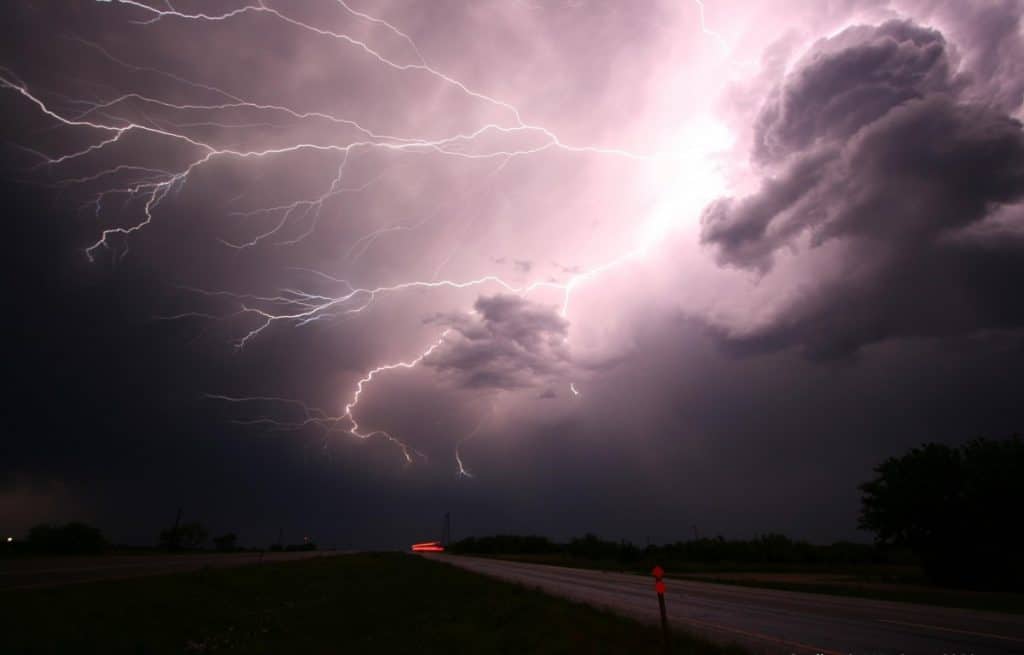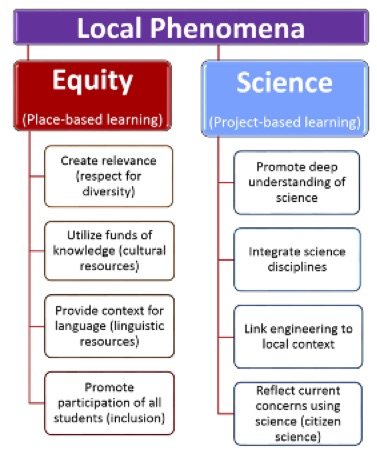

Learners develop understanding based on evidence and analyses they have conducted themselves using science and engineering practices. Science Teacher LeaderĮngaging in natural phenomena to understand disciplinary core ideas and cross-cutting concepts is a fundamental component of the Next Generation Science Standards (NGSS Lead States 2013). These activities surface the invisible assumptions and prior knowledge we bring to how we might make sense of something, and lift up alternative frameworks that are the product of the same kind of cognitive sensemaking, but for different purposes, places, and cultural contexts. Engaging in Phenomena as a Tool for Learning
SCIENCE PHENOMENA EXAMPLES PROFESSIONAL
This article describes three experiences in teacher professional development workshops at an informal science institution that begin with investigating a scientific phenomenon and then use that phenomenon for additional discussion of the impacts of diversity and social difference on individual, community, and societal levels. Further extending those connections to social phenomena can support a more equitable learning environment by reinforcing how our differences can impact our understanding of the world and how science does not act separately from society.


We welcome original empirical and theoretical contributions from all scientific disciplines.Phenomena-centered classrooms allow learners to use scientific practices to connect science content with meaningful experiences in their own lives, their communities, and society (Achieve et al. This Research Topic aims to bring together studies focusing on bridging between systems thinking and modeling competence when investigating complex phenomena, and by this to promote the understanding of the interplay between these approaches in science education and to advance the discussion within the educational research community. Modeling competence is the ability to engage in the process of developing and using models for reasoning in science, including the metacognitive awareness about models and modeling (‘metamodeling knowledge’). Systems thinking is the ability to recognize, describe, and model a complex phenomenon in its structure, behavior, and function as a system, including the metacognitive awareness about systems and system characteristics. Both systems thinking and modeling competence are important cognitive tools for investigating and reasoning about complex phenomena. In recent years, much attention has been placed on the teaching and learning of systems thinking and modeling competence in science education. Therefore, both systems thinking and modeling approaches are important for science education when investigating complex phenomena. Computational modeling tools, for example, provide students with the opportunity to explore big data, run simulations and investigate complex systems. Scientific models are tools that support students’ reasoning and understanding of complex systems, and students are expected to develop their modeling competence and to engage in the modeling process by constructing, testing, revising, and using models to explain and predict phenomena. When investigating complex phenomena, such as climate change or pandemic outbreaks, students are expected to engage in systems thinking by considering the boundaries of the investigated system, identifying the relevant components and their interactions, and exploring system attributes such as hierarchical organization, dynamicity, feedback loops, and emergence.

Understanding the complexity of the natural world and making sense of phenomena is one of the main goals of science and science education.


 0 kommentar(er)
0 kommentar(er)
